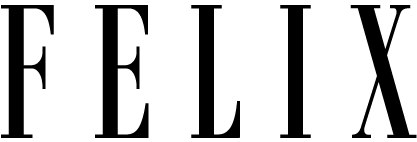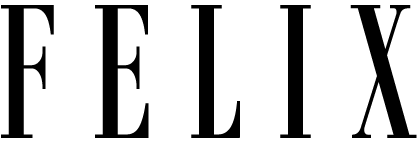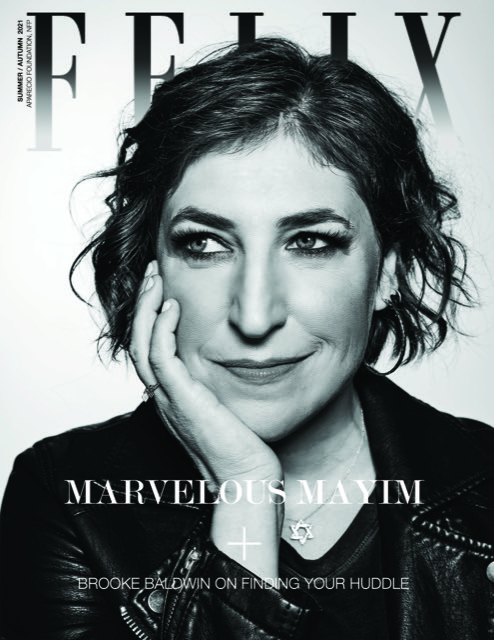Tête-à-tête with Austan Goolsbee: Economics, the White House Cabinet, the Booth School and More
Tête-à-tête with Austan Goolsbee: Economics, the White House Cabinet, the Booth School and More
Austan Goolsbee. Photographed by Steven Karl Metzer. Groomer Jen Bean. Location The University of Chicago Booth School of Business Hyde Park, Chicago.
Tête-à-tête with Austan Goolsbee: Economics, the White House Cabinet, the Booth School and More
Tête-à-tête with Austan Goolsbee: Economics, the White House Cabinet, the Booth School and More
Austan Goolsbee. Photographed by Steven Karl Metzer. Groomer Jen Bean. Location The University of Chicago Booth School of Business Hyde Park, Chicago.
Austan Goolsbee is no ordinary economist. The Chicago Booth professor served as Chairman of Obama’s Council of Economic Advisors from 2010 to 2011. As the youngest member of the White House Cabinet during an economically tumultuous time in our nation’s history, Goolsbee admits that serving on Obama’s cabinet was daunting at times.
“It was a scary moment in the economic history of the country, especially at the onset,” Goolsbee comments. “I think historians will look back and say that avoiding a depression after the explosion of 2008 was a major achievement.”
Luckily, Goolsbee was already acquainted with the president from their time together in Chicago way back when. Obama taught constitutional law at the University of Chicago from 1992 to 2004, coinciding with Goolsbee’s time as a professor at the Booth School of Business. The business professor also served as Obama’s economic advisor during his 2004 Senate race and 2008 presidential campaign.
Goolsbee admits that D.C. can be chaotic and partisan. “But I always felt it was a great privilege to be able to serve in government at such a momentous time. It didn’t make it any easier or more comfortable, though.”
Since August 2011, Goolsbee has moved back to Chicago and taught business at the University of Chicago’s Booth School of Business. Goolsbee discloses, “I always intended not to stay forever in D.C. I went to help the president and serve the public and then go back to Chicago. Once back, I had to relearn a few things.”
The White House economist may have been under higher pressure in Washington, but Goolsbee touts the higher standard of academic evidence in Chicago, something he had to readjust to once he returned to the Windy City.
“The standard of evidence in academics is unbelievably higher than in Washington,” Goolsbee says. “Relatedly, the time pressure of Washington is unbelievably higher than academics. So in DC, they would need an answer by the end of the week and we had to gather whatever evidence existed, make a decision and that was it. In academics, there is all the time in the world and you have to keep gathering the evidence until you are quite sure it’s right.”
Goolsbee praises the University of Chicago not only on its academic standards but also as a school where real passionate intellectual discussions can take place.
“The University of Chicago is one of the last places on earth where there are people with differing views where nobel laureates and intellectual giants of every stripe—empirical, theoretical, conservative, liberal, behavioral, what have you—come together each week in seminars to truly debate and hash out ideas,” Goolsbee reflects. “They fundamentally love each other, so it isn’t with animosity. It’s just an amazingly exciting intellectual ferment.”
Although Goolsbee believes that at the moment, the U.S. economy is recovering much too slowly to make a dent in unemployment growing at a rate of only around 2 or 2.5 percent per year, he trusts that the economy will eventually improve if people simply approach economic growth creatively.
“Anyone that tells you that the travails of the last four to five years are a new permanent condition is, in my opinion, totally off base,” he opines. “We face some significant problems that we are working through but ultimately the economic growth of the country has come from innovation and a willingness to try new things and not too long from now, I think people will be looking back and have a hard time fathoming why people thought these troubles would last forever. Thank goodness.”








